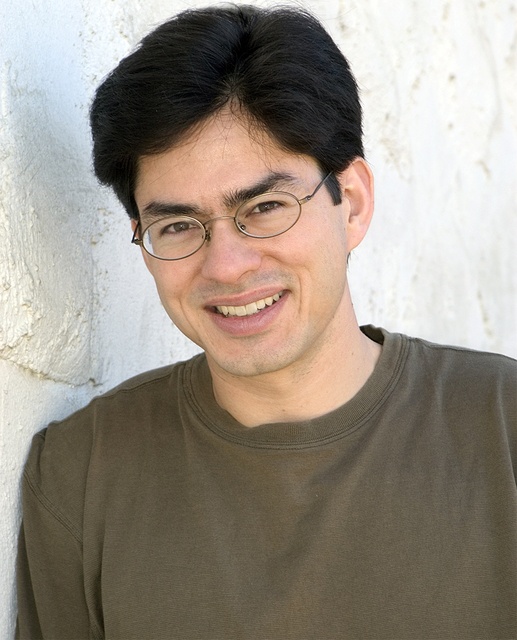In our 21st century world, where volatile change seems to be the norm, an artist from India, C.F. John, and a poet from Vashon, Tom Pruiksma, have carried on a 12-year transcontinental conversation, both spoken and written, that aims at the heart of the world’s upheaval.
The dialogue culminated in a new book recently published in India called “Body and Earth.” It’s debut release in this country, and reading by Pruiksma, will be held at 6 p.m. Thursday, March 10, at the Vashon Bookshop.
The book is currently only available at the bookshop or through Pruiksma.
Using the connection between body and earth as a springboard to dive deeply into understanding our global conundrum of exploitation versus relationship with the planet, the duo have explored through language, poetry and art, what that connection means and perhaps more profoundly, what results in its absence.
“One of the key concerns of our book was how do we relate to the visceral, tangible, embodied experience of place as opposed to abstractions or language of how we speak of or imagine a place,” Pruiksma said.
The relevance of that connection, Pruiksma said, relates to how well we live somewhere: how we make a home for ourselves, a community in a culture that is not necessarily oriented toward that task.
In seven chapters, the authors offer reflections on the relationship between body and earth; what’s visceral versus what’s conceptual; how abundance is about sharing versus the singularity of affluence; country versus territory. But they offer their thoughts and stories not as answers, rather as an experiment and invitation to others to join the conversation.
“Our hope has nothing to do with going back in time. We look at traditions and forms of community life not to place them within any historical trajectory,” they write in the preface, “but rather to see in them possibilities for the present and new ways of thinking about the future.”
The two creative thinkers draw a distinction between collecting information in this digital age and knowledge. Pruiksma cites people drowning in information, compulsively saving newspaper articles and emails for a — perhaps — future need when, he says, “we are never going to have all the information there is and that we can live and work well without knowing everything.”
John responds by writing, “I think genuine knowledge can only come through an inquiry. One can find an answer only if one has a question.”
The book already has drawn international attention. Writer and critic U.R. Anantha Murthy wrote:
“This book has moved me so deeply that I don’t want to use cliché words like profound or great.”
The two authors met in 2004, when Pruiksma taught English on a Fulbright program in Tamil Nadu, India. In addition to being a published poet, Pruiksma is a magician, teacher and translator. He and John are currently working on a companion volume called “Body and Spirit: Reflections on Āndāl and St. Francis.” The book delves into questions about religion and ecology through the lens of John’s paintings of St. Francis and Pruiksma’s translation of the 8th century poet Āndāl, revered by Tamil Hindus as a female saint.


